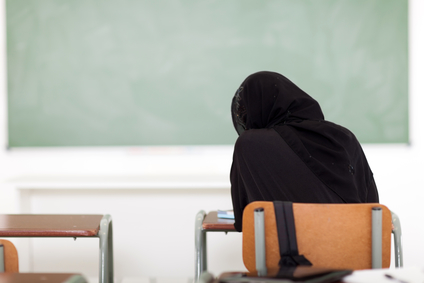Dutch media ‘influenced by a xenophobic, fear-fuelling rhetoric’

 There has been some progress in tackling racism and intolerance in the Netherlands, but there are still a number of worrying issues, a Council of Europe agency says in a new report.
There has been some progress in tackling racism and intolerance in the Netherlands, but there are still a number of worrying issues, a Council of Europe agency says in a new report.
In particular, the report by the council’s Commission for Racism and Intolerance, says the sanctions in Dutch hate crime and anti-discrimination legislation are not sufficient to act as a deterrent and that organisations set up to tackle the issue ‘do not have sufficient resources for promoting equality and preventing discrimination’.
The report also focuses on politicians and the use of social media, stating that ‘the mainstream political discourse and media reporting continue to be strongly influenced by a xenophobic, fear-fuelling rhetoric and politicians have openly expressed racist beliefs of biological superiority‘.
Online hate speech remains for long periods of time and, the report says, this ‘hostile rhetoric’ is leading many people belonging to minorities to feel excluded.
‘A considerable number of hate-motivated attacks were, among others, perpetrated against Muslims, mosques and LGBT people, and under-reporting of hate crime remains an issue,’ the report said. ‘Antisemitic chants continue to occur during football matches.’
The report makes a number of recommendations which the Netherlands could take. It urges the government and parliament to draw up codes of conducts to prohibit hate speech and says the media should have an action plan to tackle reflexes and routines which stigmatise people with a minority background.
It also calls for more action to combat racism and intolerance in schools and in the workplace, and in football stadiums.
In its response the government said that it did not intend to draw up codes of conduct for MPs or initiate action encouraging independent media to adjust their content, partly because this would be an encroachment on media independence.
Thank you for donating to DutchNews.nl.
We could not provide the Dutch News service, and keep it free of charge, without the generous support of our readers. Your donations allow us to report on issues you tell us matter, and provide you with a summary of the most important Dutch news each day.
Make a donation